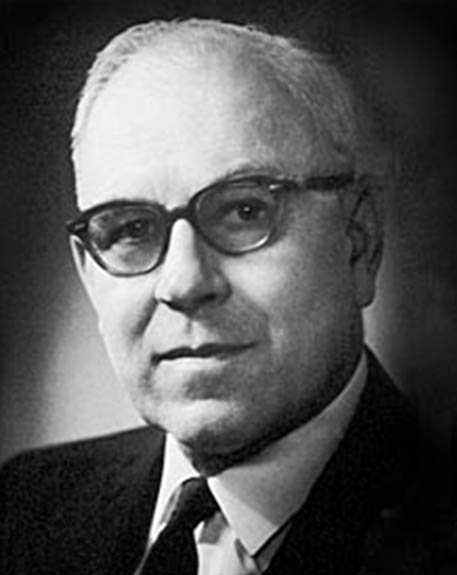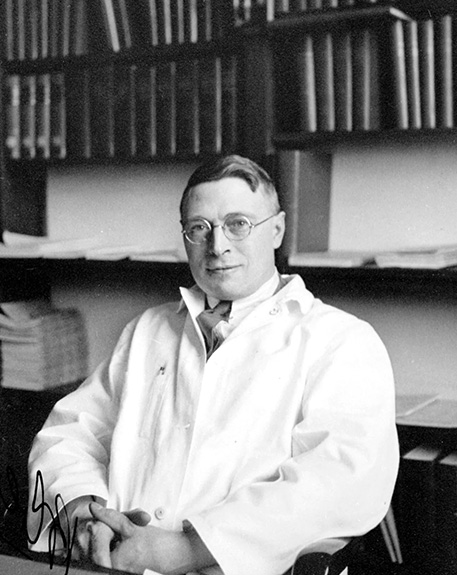1998 INDUCTEE Claude Fortier, MD Hormones
June 11, 1921
(Montreal, Québec)
April 22, 1986
MD, Université de Montréal (1948)
1985: Prix Michel-Sarrazin, Club de recherché clinique du Québec
1984: McLaughlin Medal, Royal Society of Canada
See All AwardsAwards & Honours:
1985: Prix Michel-Sarrazin, Club de recherché clinique du Québec
1984: McLaughlin Medal, Royal Society of Canada
1982: Centenary Medal
1982: Prix de l'œuvre scientifique (AMLFC)
1980: Marie-Victorin Science Award, Government of Québec
1979: Wightman Award, Gairdner Foundation
1972: Prix Urgel-Archambault
1972: Prix scientifique du Québec
1970: Companion of the Order of Canada
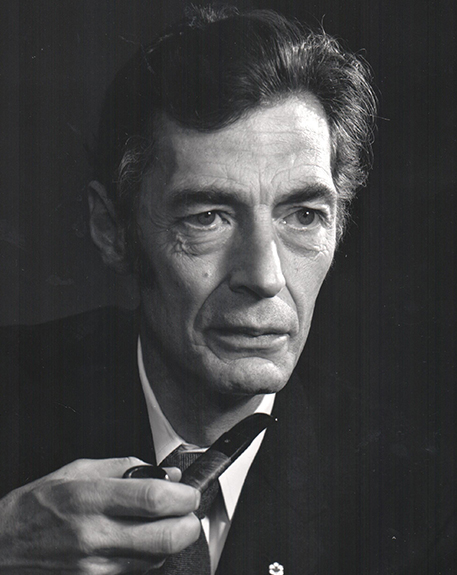
Improved our understanding of the endocrine system and introduced computer science to biological research
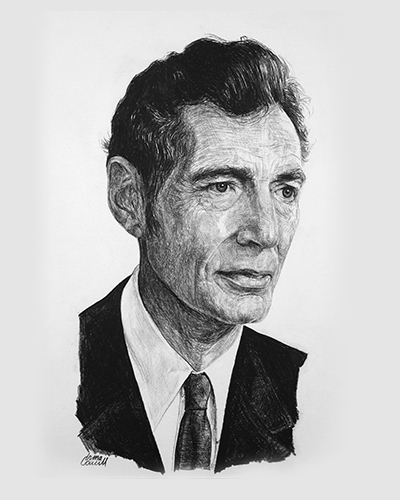
A pioneer in the field of neuroendocrinology
Dr. Claude Fortier had a passionate commitment to the common good of medicine in Canada. He offered his services to numerous medical organizations and was a strong advocate of clinical research. Fortier took the lead as one of the early scientists to introduce computers as a tool for medical research. His own personal research was done in the medical field of neuroendocrinology, where he was considered a world expert in the hypothalamo-pituitary-adrenal cortex axis (HPA).
Key Facts
Was one of the first researchers in the world to clearly demonstrate the influence of sensory stimuli and emotional stimuli of the secretion of ACTH “the stress hormone”
Became the first French-speaking president of the Royal Society and of the Science Council of Canada
Was a founding member of the Canadian Institute of stress
Professional timeline
Impact on lives today
Dr. Fortier was deeply involved in Canadian politics and was a strong advocate of clinical research. Today, these contributions continue to bear fruit. The implications of his studies advanced the understanding and treatment of various stress-related diseases including anxiety, depression and addiction. In addition, aspects of his work have informed the use of hormonal treatment for prostate cancer.
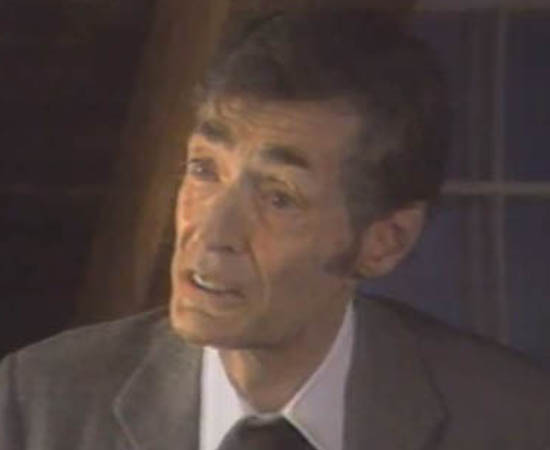
1998
-
Claude Fortier posthumously inducted into the Canadian Medical Hall of Fame
Hull, Québec
-
In the mid-1960s, Dr. Fortier was at the forefront of innovation as one of the first scientists to use computers as a tool in medical research
HormonesIn addition to compiling and analysing data, Fortier used computers to create mathematical models of dynamics of hormone secretion and simulate neuroendocrine regulation mechanisms, introducing a new methodology to biomedical science.
-

Fortier returned to Canada and became Director of the endocrinology lab at the Université Laval
Hormones, Brain & Mind, Health and Medical Education & TrainingAs professor and researcher, Fortier studied the link between the endocrine glands and the human brain. His research improved our understanding of the interactions between the endocrine organs including the hypothalamus, pituitary, thyroid, adrenal and gonadic glands.
-

Not ready to return to Canada, Dr. Claude Fortier joined the University of Balyor in Texas
HormonesHe founded and became director of the first neuroendocrinology laboratory in the United States.
-
Deciding to continue his training abroad, Fortier spent two years in London in the laboratory of Geoffrey Harris
At the time, Harris was one of the world’s few specialists in neuroendocrinology. While working in Harris’ lab, Fortier developed new skills that later allowed him to culture pituitary glands in vitro.
-

Fortier received his degree in medicine and experimental surgery and Université de Montréal
He continued his research in the laboratory of Hans Seyle, the well-known stress researcher.
-
Originally trained in social and political science, an unexpected long-term stay at a sanatorium early in Fortier’s life inspired him to change careers
Fortier instead chose to pursue medicine and would go on to be named the father of neuroendocrinology.
1941
He had a passionate commitment to the common good of medicine.

